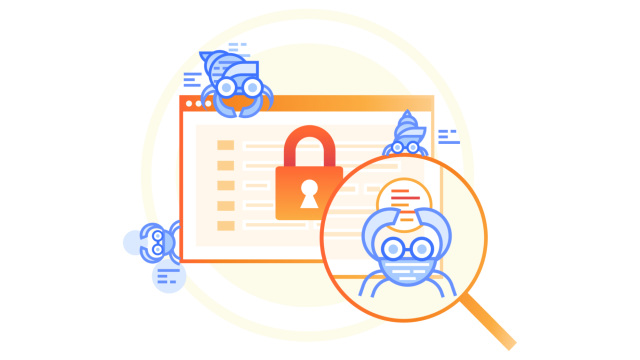In an era where precision and efficiency dictate the success of real estate ventures, adept financial oversight is crucial. From rent collection to maintenance costs, the financial landscape is vast and often treacherous. Using property management software and other useful landlord tools presents an advanced approach, simplifying intricate financial operations while guaranteeing precision.
Expense Tracking and Budgeting Made Simple
In the nuanced world of property oversight, maintaining financial transparency is imperative. Landlords, responsible for managing diverse assets and myriad transactions, need sophisticated tools to uphold fiscal diligence. Enter property management software, a beacon in this domain.
Property management software provides landlords an integrated solution for detailed expense monitoring. Rather than navigating through a maze of paper receipts or disjointed financial logs, all outlays – from repair costs to service charges – are housed within a unified digital environment. This consolidation not only guarantees precision but also allows for quick access to financial particulars, invaluable in time-sensitive financial scenarios.
Furthermore, the often intricate task of budgeting is demystified with property management software. Landlords can delineate financial parameters, track ongoing expenses against these set markers, and be alerted to potential budget breaches. This forward-thinking methodology assists in averting fiscal anomalies, ensuring consistent profitability of properties.
Improved Cash Flow Management
Landlords, juggling diverse properties and myriad financial engagements, necessitate sophisticated instruments to guarantee financial fluidity and resilience.
This is where property management software emerges as a transformative solution.
It furnishes a detailed perspective on a property’s fiscal dynamics. By amalgamating revenue avenues, from tenant lease payments to additional income sources, with expenditures like upkeep expenses and loan payments, it delivers an instantaneous overview of cash standings. This integrated approach dispels the complexities of manual financial assessments, ensuring that landlords possess a precise understanding of their monetary status at all junctures.
Moreover, the software’s advanced analytical prowess can anticipate potential cash flow bottlenecks, enabling timely interventions. Be it an impending major repair or projected expenses for making tenant background check, property management software arms landlords with the insights to adeptly circumvent these fiscal hurdles.
Streamlined Invoice and Payment Processing
Traditional systems, which often lean heavily on manual and paper-based workflows, are not only tedious but also prone to inaccuracies. With property management software, real estate professionals can initiate automated invoicing systems, ensuring consistency, accuracy, and timeliness. This approach significantly reduces the chances of errors or overlooked billing periods, which can negatively affect revenue consistency.
Additionally, it introduces a streamlined approach to payment collection. Tenants can transact electronically, with each payment being automatically captured and reconciled within the platform. This eradicates the necessity for manual record-keeping, lessening the potential for financial discrepancies and promoting a transparent monetary framework.
Simplifying Tax Preparation and Compliance
Property management software is tailored to demystify the convoluted process of tax readiness. By amalgamating income and expenditure data, it offers a panoramic view of a property’s fiscal health. Such a consolidated approach obviates the need to sift through myriad financial records when tax deadlines loom, ensuring all essential information is at one’s fingertips.
Beyond its role as a record custodian, property management software excels in pinpointing viable tax deductions, ranging from asset depreciation to repair expenditures. This not only bolsters returns but also safeguards landlords from missing out on significant deduction opportunities.
On the compliance front, property management software remains abreast of shifting tax norms and provides timely notifications. This proactive feature assists landlords in staying aligned with current mandates, warding off potential pitfalls of non-adherence.
Boosting Profit Margins Through Data-Driven Insights
Landlords, steering through the myriad nuances of property administration, seek tools that can illuminate the path to greater returns.
Property management software meticulously dissects the operational facets of property management, gleaning insights that transcend surface-level observations. By scrutinizing variables such as tenant preferences, occupancy dynamics, upkeep expenses, and prevailing market indicators, it surfaces avenues for revenue augmentation and cost containment.
Additionally, the software’s adeptness at assimilating external market intelligence equips landlords with a distinct advantage. By comparing their property’s performance against industry standards, property management software highlights potential enhancements, whether in lease rates, facility upgrades, or streamlined operations.
Yet, the crowning attribute of property management software is its foresight. With its predictive analytics, it anticipates market fluctuations, potential tenant turnovers, or looming infrastructural costs, enabling landlords to plan with precision and safeguard profit margins against unforeseen challenges.










